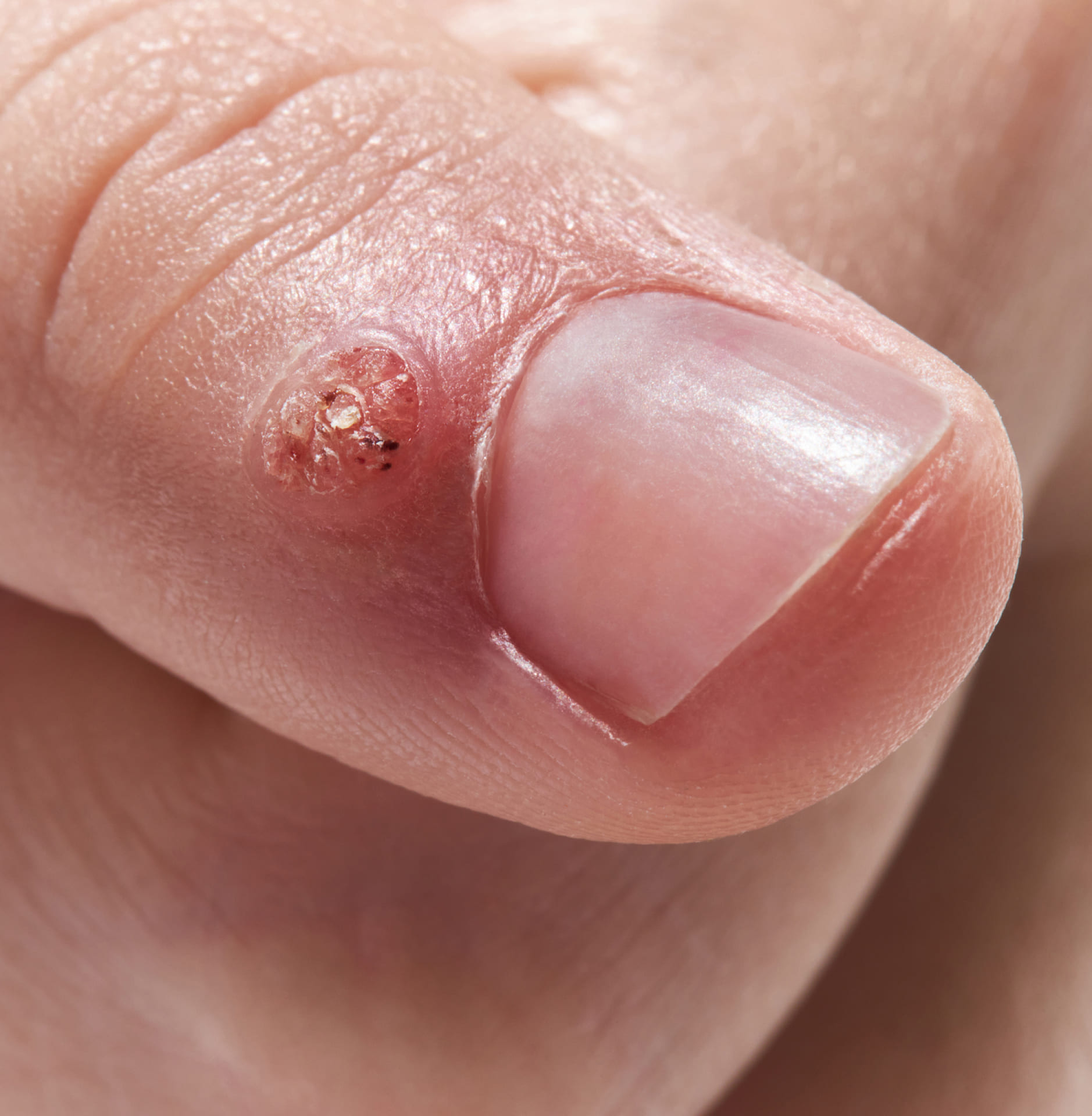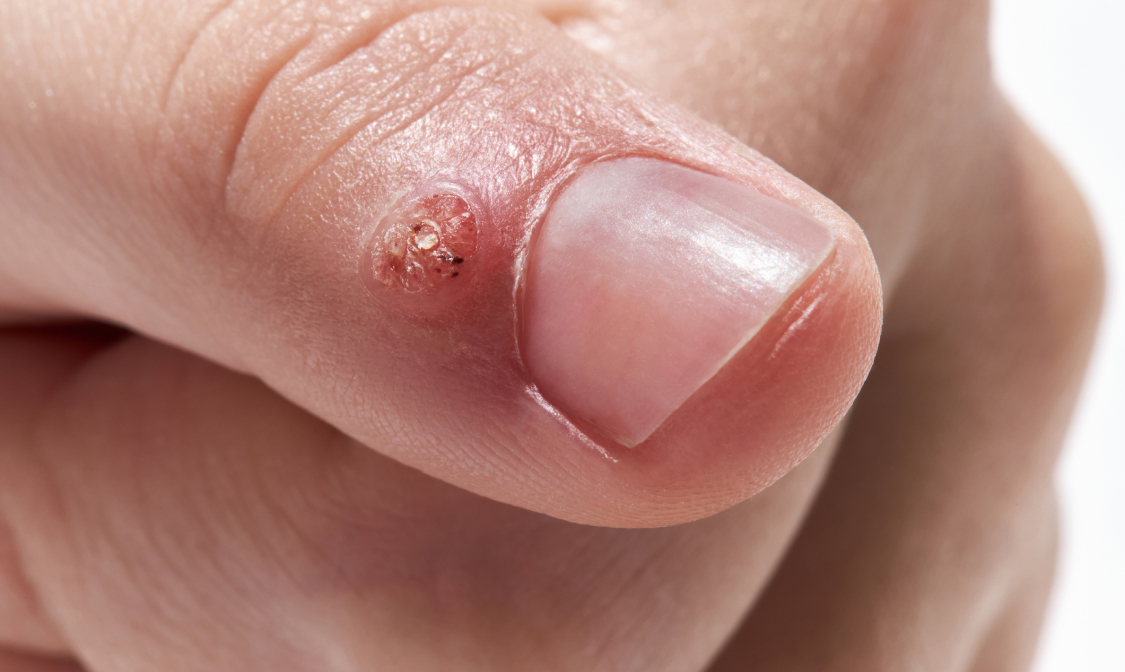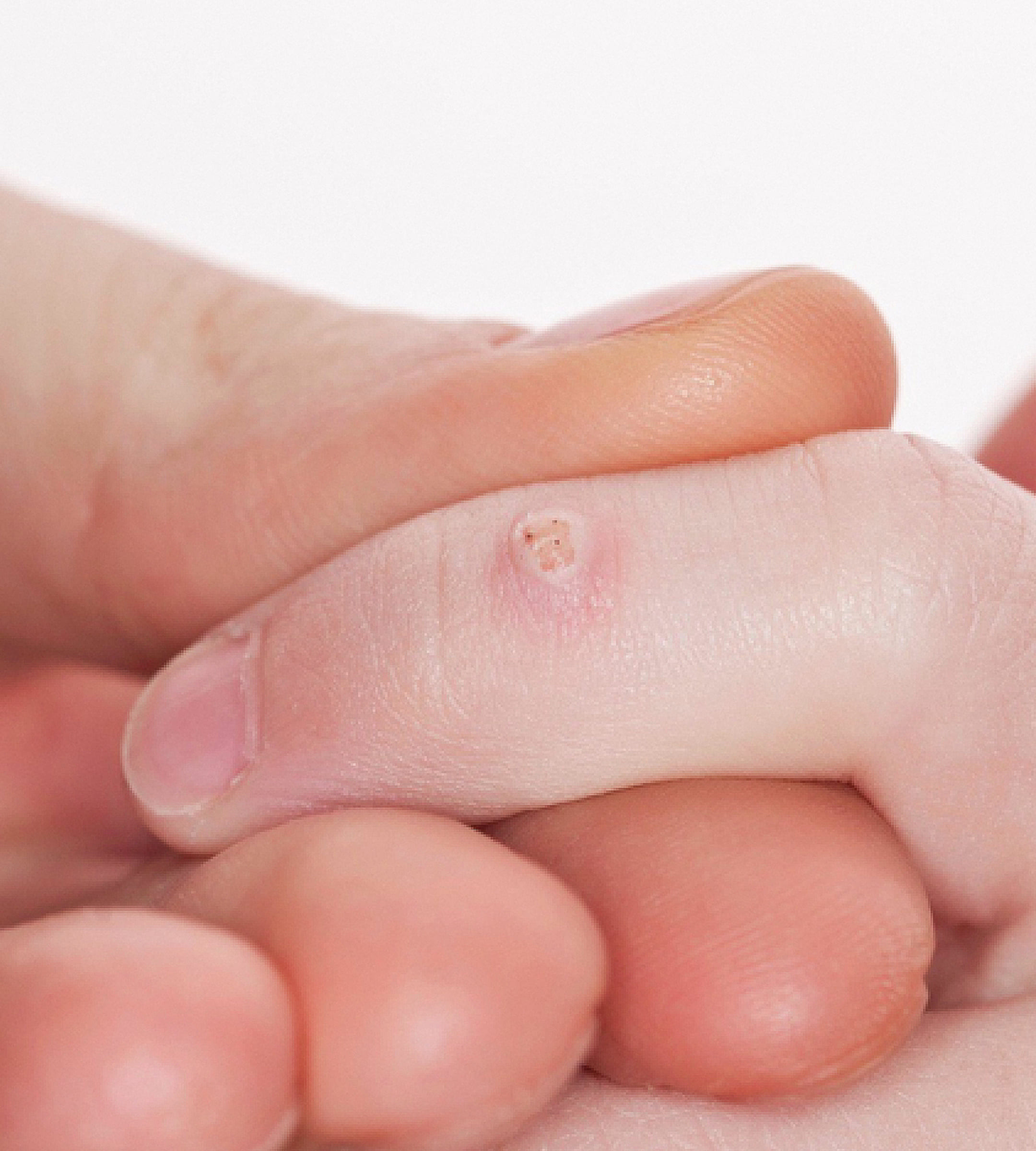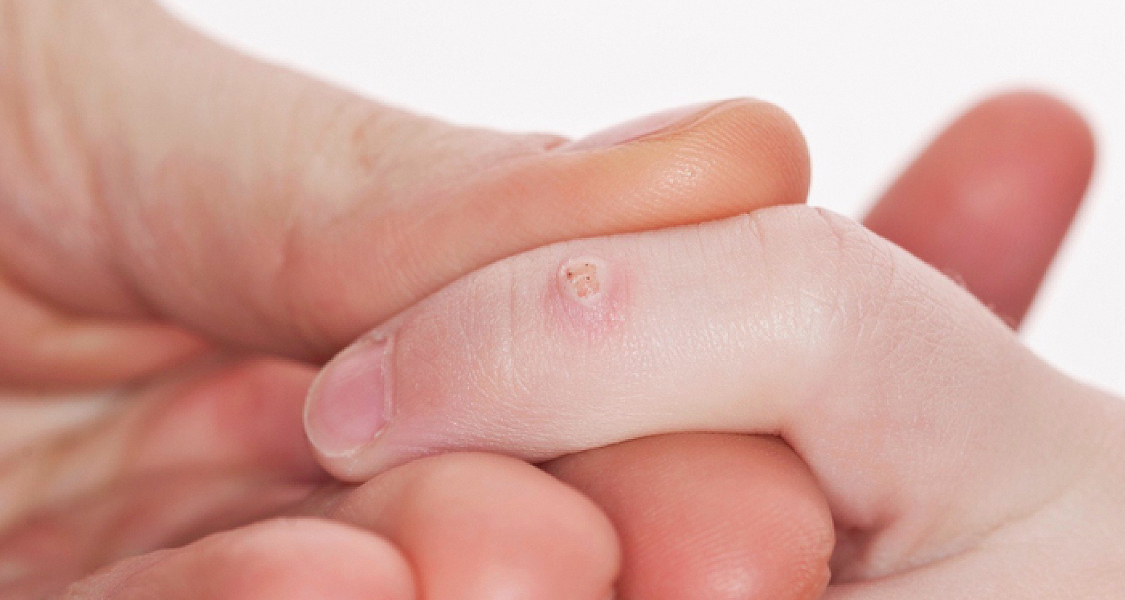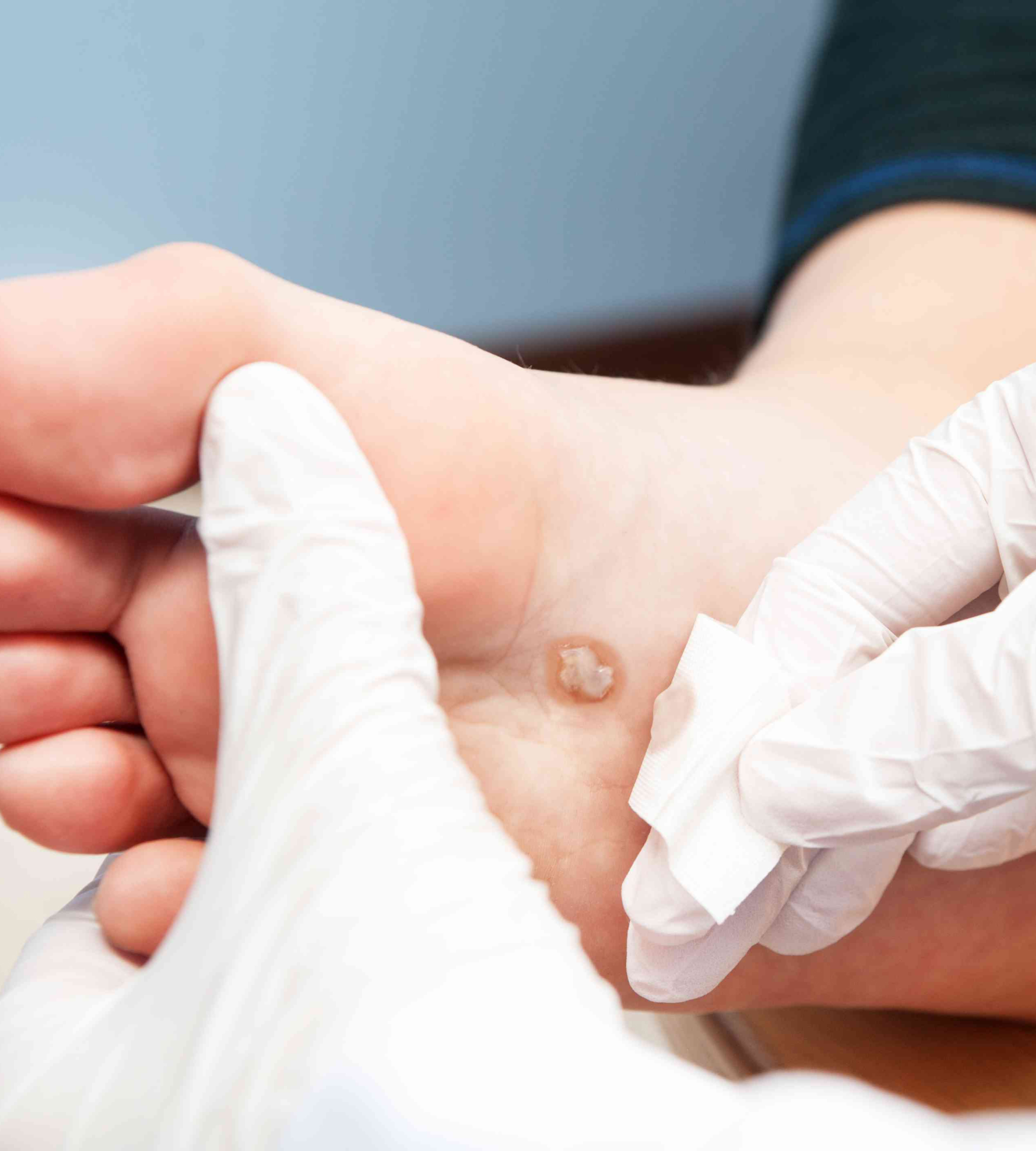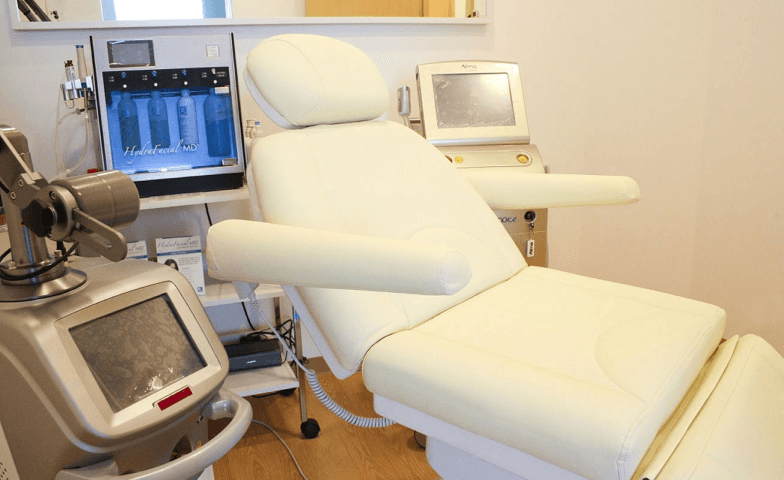Risk Factors For Developing Viral Warts
Viral warts are spread through direct contact with the virus. The following are some of the factors that may increase the chances of getting infected with the virus:
-
Younger age group
Due to their immature immune systems, children and teenagers are affected more than adults. Eventually, as they grow older, their bodies will recognize the virus and try to fight it.
-
People who are immunocompromised
People taking medications that suppress the immune system, organ transplant recipients, or those who have weak immune systems like cancer or AIDS patients, can develop warts easily.
-
Close proximity to people who have warts
People with family members who have warts or schoolchildren with classmates who have warts have a high chance of getting warts too through direct contact or sharing of personal items.
-
People with skin conditions that can easily get wounds
Skin diseases that cause dry skin that can easily crack like eczema have increased chances of having warts since open wounds make it easier for the virus to enter.
